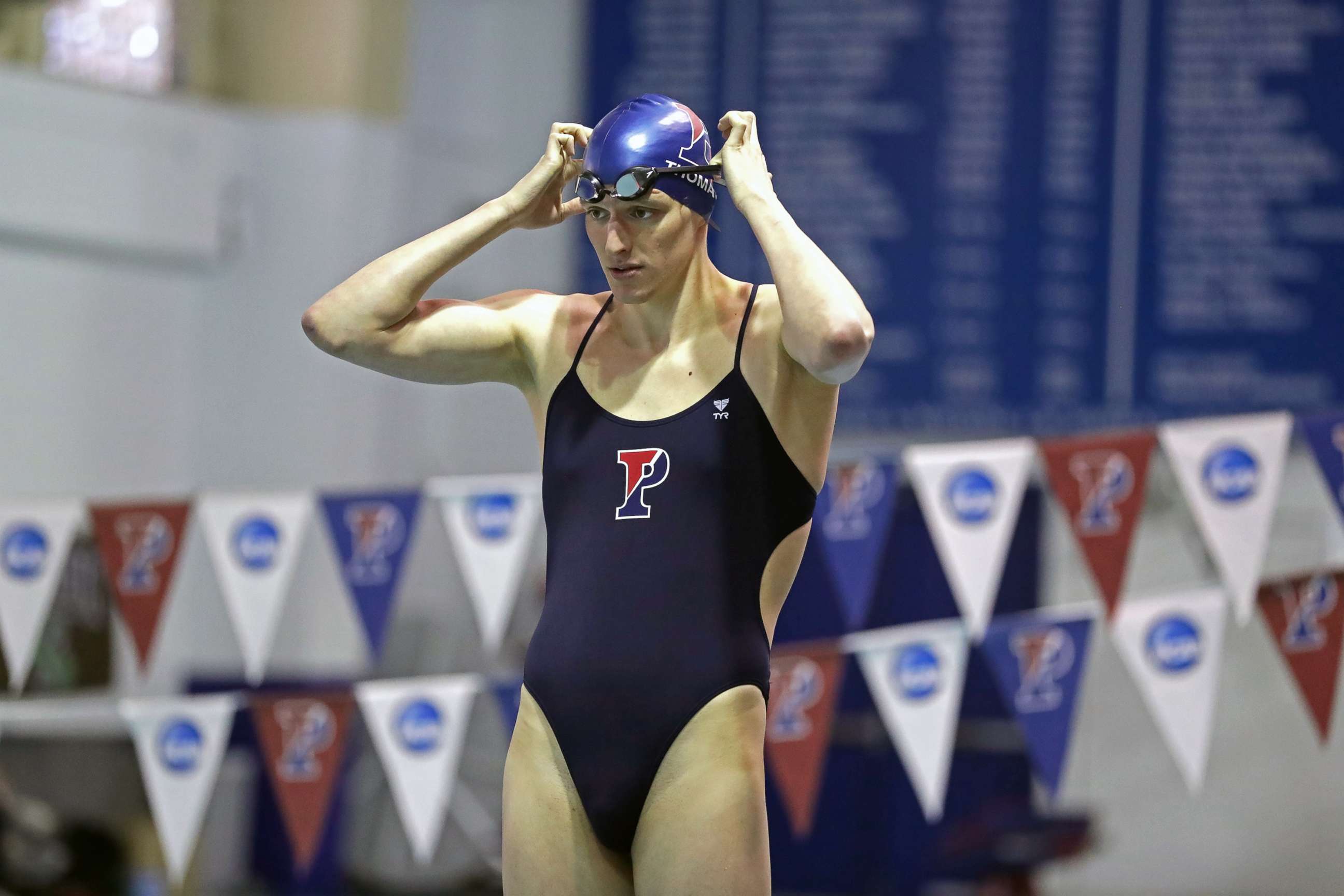In a shocking and highly controversial decision, transgender swimmer Lia Thomas has officially been barred from competing in the 2026 Olympic Games in Los Angeles. The ruling, announced today by the International Olympic Committee (IOC) in conjunction with World Aquatics, has sparked immediate backlash across the globe.

The decision comes after months of heated debate surrounding the eligibility of transgender athletes in international competition. Despite Thomas’s numerous attempts to qualify under new guidelines, officials have determined that she does not meet the revised criteria for transgender women to compete in the female category.
“The updated regulations aim to ensure fairness and integrity in elite women’s competition,” said a spokesperson from World Aquatics. “Athletes must meet specific hormone and transition requirements during a defined timeline. Unfortunately, Lia Thomas does not meet those thresholds.”
Lia Thomas, a former NCAA champion and one of the most high-profile transgender athletes in the world, has not issued a formal statement yet. However, sources close to her team suggest she is “devastated” by the ruling and considering legal options.
Social media exploded within minutes of the announcement. Supporters of Thomas call the decision discriminatory and outdated, accusing the IOC of caving to political pressure rather than upholding the values of inclusion and equality. “This is a disgrace to the Olympic spirit,” tweeted one activist. “Lia Thomas deserves to compete like any other athlete.”
Meanwhile, others praised the decision, viewing it as a necessary move to protect fairness in women’s sports. “This isn’t about hate,” one user wrote. “It’s about protecting biological competition standards.”
This is not the first time Lia Thomas has found herself at the center of a global debate. After becoming the first openly transgender athlete to win an NCAA Division I swimming title, she quickly became both a symbol of progress and a lightning rod for controversy.
With the 2026 Games set to take place in her home country, the ruling marks a particularly painful blow. Whether this decision will stand through future appeals or inspire changes to Olympic policy remains to be seen—but one thing is certain: the debate over transgender athletes in elite sports is far from over.